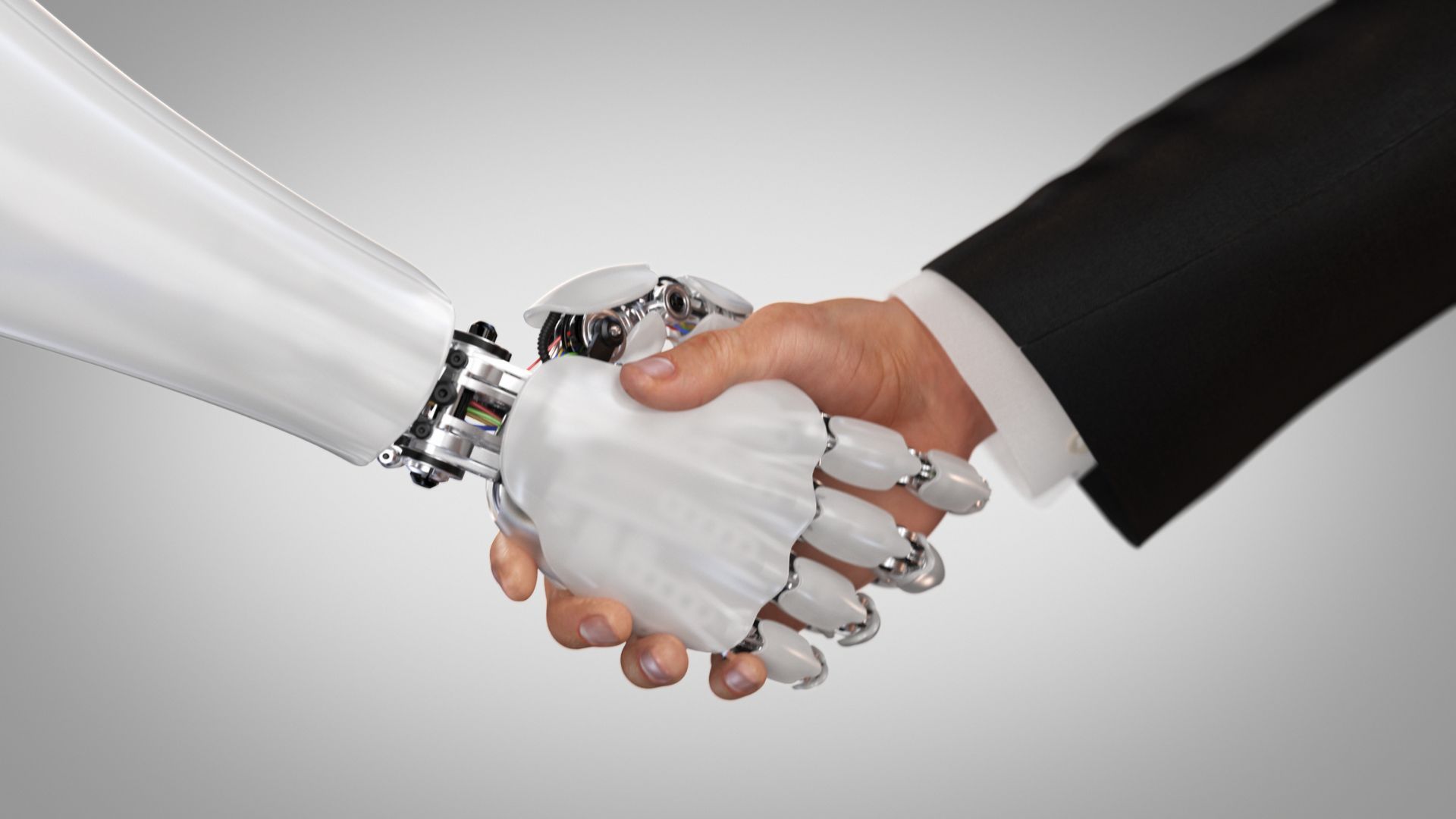Confronting inherent bias against women in leadership positions
HRD • March 13, 2023

Read the original article on HRD: Confronting inherent bias against women in leadership positions
Women are still not considered to be natural leaders by 75% of baby boomers, who still consider the typical CEO to be a male.
The people2people recruitment survey also revealed that four out of 10 women had been discriminated against at the interview stage based on their gender.
“Every company should be providing equal opportunities to women,” Peta Seaman, people2people recruitment manager, South Australia said. “Every business in Australia should be providing training and support to enable women to become leaders.
“The mentality needs to change within corporations in order to embrace aspiring female CEOs and make the pathway happen.”
Gender stereotypes
According to Workplace Gender Equality Agency, women make up 47.9% of the Australian workforce, with 26.3% working full-time and 21.6% working part-time.
Overall, women constitute 38.4% of all full-time employees and 68.5% of all part-time employees.
But women hold only 6% of CEO roles in the ASX300, a third of Australian boards still have no female directors and only 15% of chair positions are held by females.
The good news, however, is that younger generations such as Generation X (67%) and Generation Y (33%) see women as future leaders.
“While the perception is changing, we need to hold businesses and people accountable,” Seaman said. “There are clearly not enough female leaders in Australian businesses today, especially in ASX-listed companies.”
There is still gender stereotypes and unconscious bias, she said.
“If you turn on the TV you will see male role models everywhere. We need to see more female role models on the TV in business. That will inspire younger generations to become CEOs.”
The Australian government is introducing new legislation that will publish data on employers' gender pay gaps to boost transparency and gender equality in the workplace.
Changing the rules
One company that has changed the gender stereotype on its head are insurance brokers Bellrock. Almost half of their workforce is women (48%) and 29% of their board is made up of women directors.
“We build roles around people,” Marc Thiarella, Bellrock managing director, said.
“We seek out the best person for specific jobs and then we work with them to accommodate their needs and ours.”
Interestingly, during the pandemic, the company hired more women.
“We find that there was more availability in the market and it became clear that there had been a shift amongst families and couples with the work/life balance, with everyone realising that no one’s time was more important than anyone else’s.”
Thiarella said that employees had all contributed to the three principles that form the basis of the company’s culture.
“We have three simple themes: Show respect, be trustworthy and everyone plays together,” he said. “What we mean by play together is that we do everything as a team. We celebrate the wins together and nobody gets left behind.
“We are fortunate to have a diverse group of people within our organisation and it is helped by women holding senior positions.”
One reason for the gender gap in business leadership roles may simply be that fewer women want to be leaders, according to a new study.
To create a gender equal workplace, Seaman offers the following suggestions:
1. Embed inclusive behaviours into your company values and competencies.
2. Focus on skills-based assessments when it comes to recruiting and performance reviews.
3. Provide diversity, equity and inclusion training to all employees and managers.
4. Clearly articulate the link between diversity, equity and inclusion and organisational goals.
5. Increase the shortlist of candidates by at least five when recruiting to ensure an even balance of female and male candidates.
Find the job you love I Find the right talent
Get in touch with people2people
Australia
I
United Kingdom
In business since 2002 in Australia, NZ, and the United Kingdom, people2people is an award-winning recruitment agency with people at our heart. With over 12 offices, we specialise in accounting and finance, business support, education, executive, government, HR, legal, marketing and digital, property, sales, supply chain, and technology sectors. As the proud recipients of the 2024 Outstanding Large Agency and Excellence in Candidate Care Awards, we are dedicated to helping businesses achieve success through a people-first approach.






